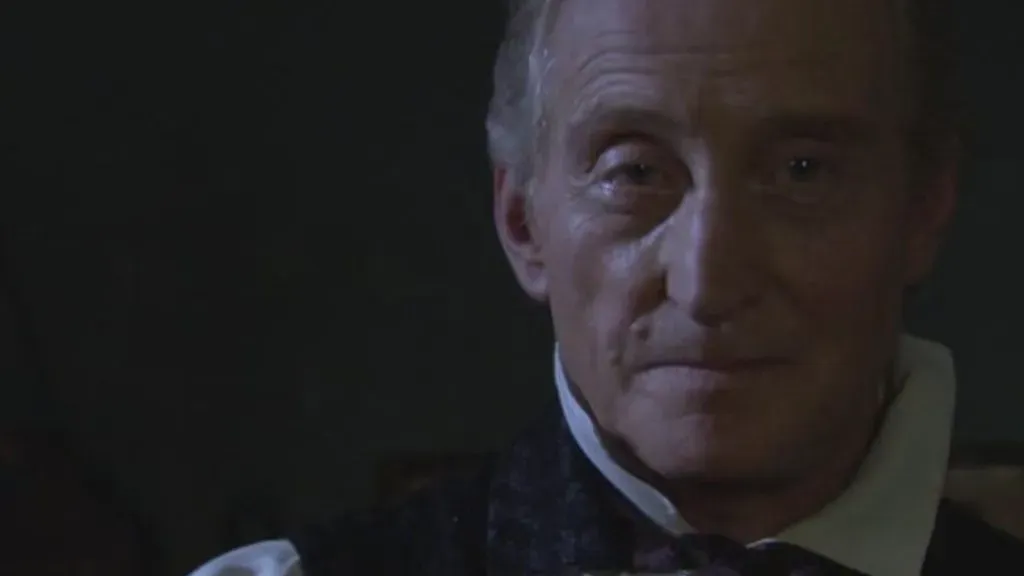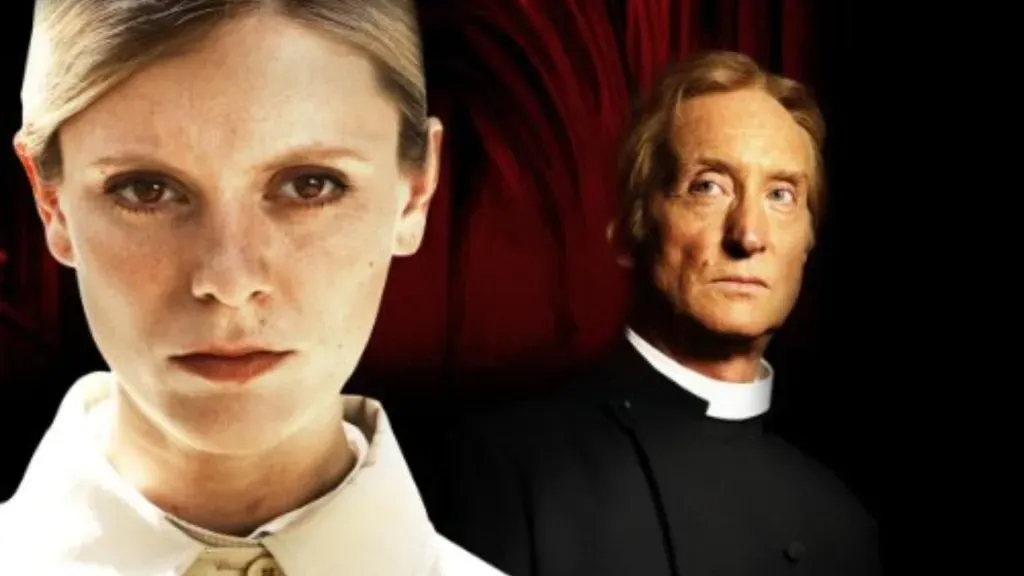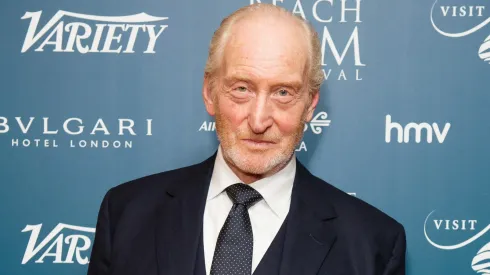Charles Dance’s presence on screen is a force that immediately commands attention, defined by his imposing height, sharp aristocratic gaze and a voice that lends authority to every line.
As he celebrates his 79th birthday, his career trajectory—from the Royal Shakespeare Company to the peak of prestige television—is a grand testament to his calculated, unwavering power on the screen.
The true depth of his small-screen archive spans five decades, showcasing a profound dedication to the television format. The full scope of his greatness is found in landmark roles, from his acclaimed turn as Lord Mountbatten in The Crown to his icy presence as Mr. Tulkinghorn in Bleak House.
Game of Thrones (2011–2015)

(Source: IMDb)
As Lord Tywin Lannister, Dance delivered the defining performance of his later career, immediately establishing the character as the ruthless, calculating patriarch who commanded the political landscape of Westeros. The character’s power was communicated through quiet menace and icy intelligence, making him a villain whose sheer presence dominated every scene he was in.
This role became his most globally recognizable, setting the standard for the modern prestige television antagonist. His performance anchored the show’s political intrigue and cemented his enduring status as an actor who can ground a massive fantasy epic with absolute, unyielding authority.
Bleak House (2005)

(Source: IMDb)
Dance’s Emmy-nominated turn as Mr. Tulkinghorn in the BBC’s critically acclaimed adaptation of the Charles Dickens classic is a masterclass in period menace. Tulkinghorn is an icy, Machiavellian lawyer who relentlessly uncovers the secrets of the Victorian elite, embodying the suffocating power of the 19th-century legal establishment.
The performance is widely celebrated for its precise, chilling restraint, proving that Dance’s dramatic strength is just as effective in minute character detail as it is on the grand scale. This adaptation secured his reputation as one of Britain’s foremost interpreters of classic literature.
The Crown (2019–2020)

(Source: IMDb)
Dance stepped into another historical figure’s shoes as Lord Louis Mountbatten during seasons three and four. As the last Viceroy of India and mentor to Prince Charles, his performance lent gravitas and complexity to a figure often shown giving quiet, authoritative counsel during moments of immense historical pressure.
The role leveraged his aristocratic authority but revealed a more nuanced, familial layer than his typical villain roles. His interactions were pivotal to establishing the emotional landscape of the Royal Family’s private struggles, confirming his essential role in high-prestige, modern historical drama.
The Jewel in the Crown (1984)

(Source: IMDb)
This seminal British miniseries, set against the backdrop of the final days of the British Raj, was a crucial early career platform for Dance. As Guy Perron, a historian and officer navigating the colonial turmoil, he served as a central perspective late in the series’ run.
The role was a complex, nuanced dramatic effort, showcasing a younger Dance’s ability to handle weighty political and social material. It cemented his early reputation as a formidable talent capable of anchoring serious, international television drama.
The Sandman (2022)

(Source: IMDb)
Dance seamlessly integrated into the world of modern fantasy and graphic novels as Roderick Burgess, an occultist who captures and imprisons Dream (Morpheus). This role is key to the series’ foundational mythos and provided a classic example of his late-career turn as a mysterious, powerful antagonist in the streaming era.
His authoritative presence was perfectly utilized to convey a sense of dark, misplaced ambition and magical menace. It proved his enduring relevance and his ability to command the screen in challenging, beloved genre adaptations for Netflix.
And Then There Were None (2015)

(Source: IMDb)
In this acclaimed BBC adaptation of the Agatha Christie classic, Dance was cast as the ultimate authority figure, Justice Lawrence Wargrave. The role is a complex study of morality, judgment, and self-appointed righteousness in a chilling atmosphere of isolation.
Dance’s cold, methodical delivery provided the necessary sense of psychological dread as the victims were picked off one by one. His performance, celebrated for its chilling restraint, is considered a definitive portrayal of the famed character.
Goldeneye: The Secret Life of Ian Fleming (1989)

(Source: IMDb)
In this TV biopic, Dance took on the fascinating role of Ian Fleming, the author and creator of James Bond. The miniseries explored the real-life espionage and wartime experiences that fueled Fleming’s literary imagination.
This allowed Dance to play a character whose personal life and professional adventures were completely intertwined, leveraging his natural charisma and British authority to bring the author’s legendary persona to life.
Rebecca (1997)

(Source: IMDb)
Dance starred as the tormented Maxim de Winter in this BBC adaptation of Daphne du Maurier’s classic gothic romance and mystery novel. His portrayal captured Maxim’s deep emotional repression and the pervasive psychological dread hanging over his estate, Manderley.
This role showcases his talent for conveying complex internal suffering and high-society formality, making him the perfect figure to carry the central, haunting mystery of the drama.
Fallen Angel (2007)

(Source: IMDb)
This gritty ITV miniseries provided Dance with a darker, more contemporary genre role as Jack Taylor, a serial killer who operates in a quiet, unassuming manner. The role required a chilling shift in tone from his usual aristocratic villains to a more subtle, deeply unsettling form of evil rooted in contemporary British life. The series focused on the psychological horror of a seemingly ordinary man capable of terrible acts.
The Serpent Queen (2022)

(Source: IMDb)
This series, which delves into the dark political life of Catherine de’ Medici, provided Dance with a unique and powerful narrative role. As Clement VII (the Pope), he appeared in the series’ earliest scenes, serving as the judgmental, imposing religious figure who controls the fate of young Catherine. His brief but intensely powerful presence immediately establishes the high-stakes royal and religious drama that defines the series’ tone.
The role leveraged his aristocratic authority to convey deep historical context and menace, instantly setting the mood for the Machiavellian court life. His commitment to high-prestige period dramas like this and The Crown demonstrates his enduring place as the go-to actor for anchoring complex, royal narratives on television.





